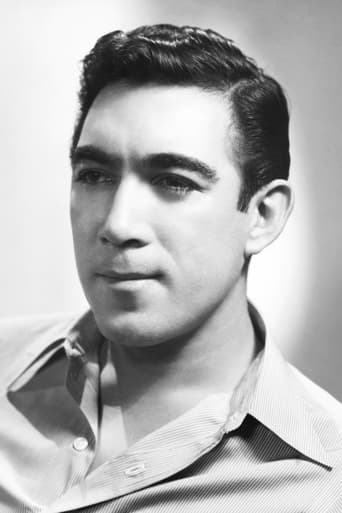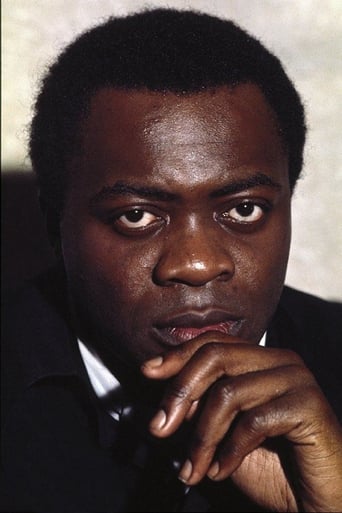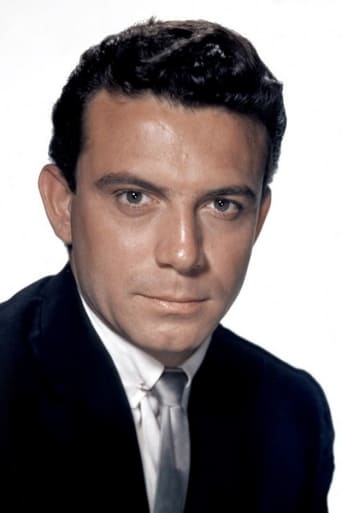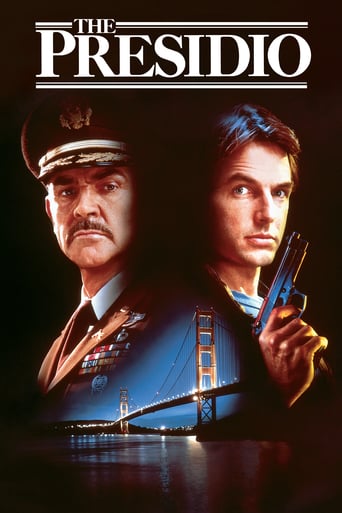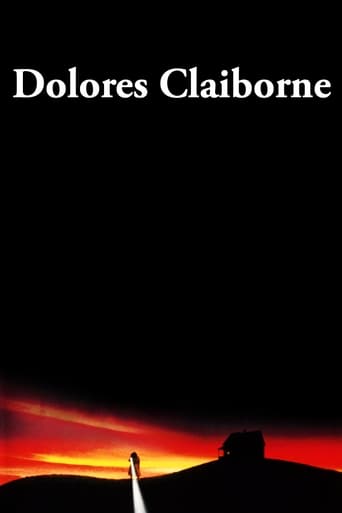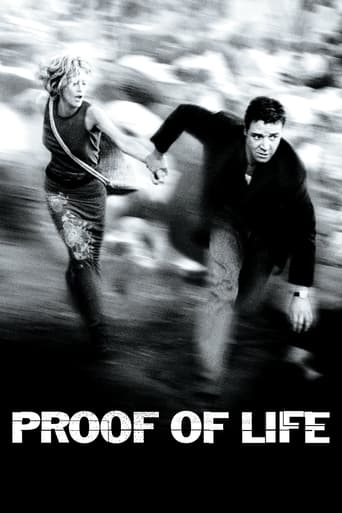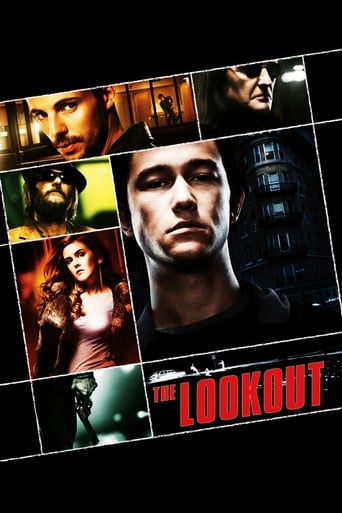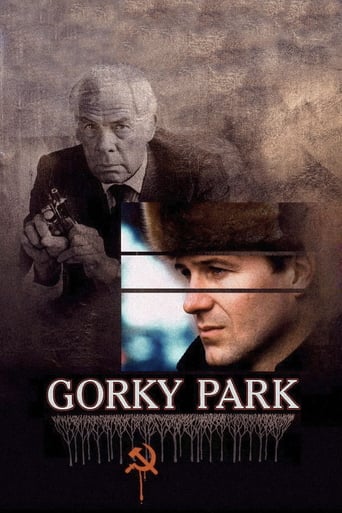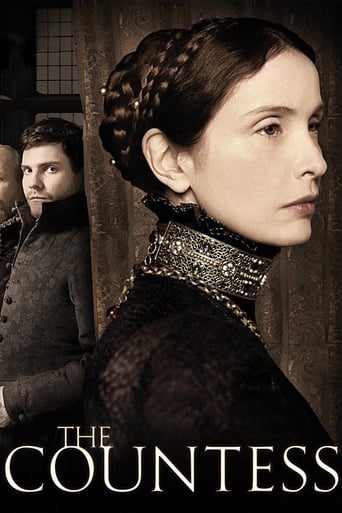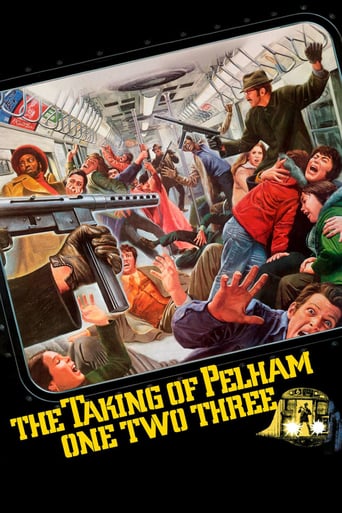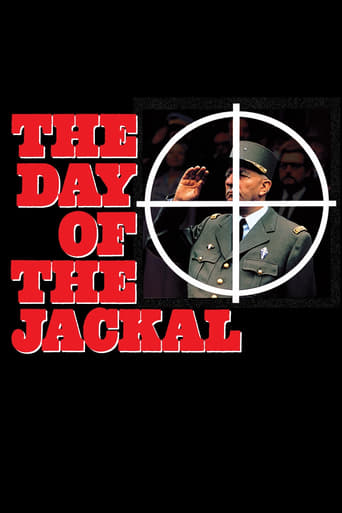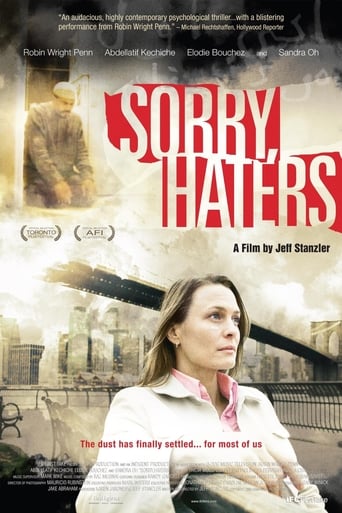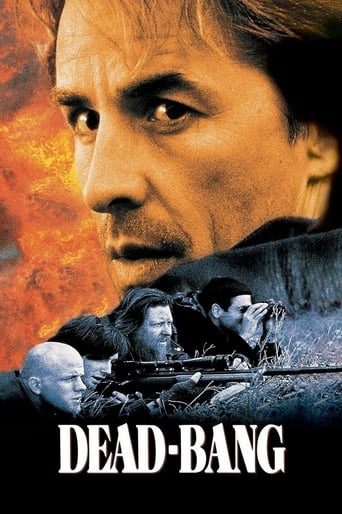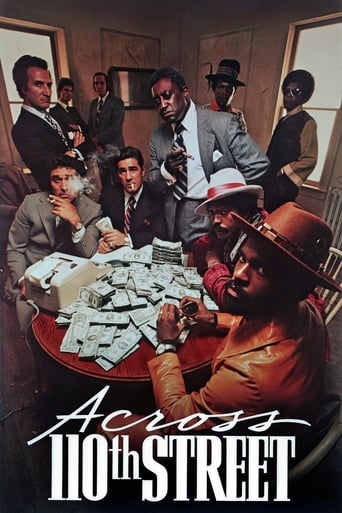
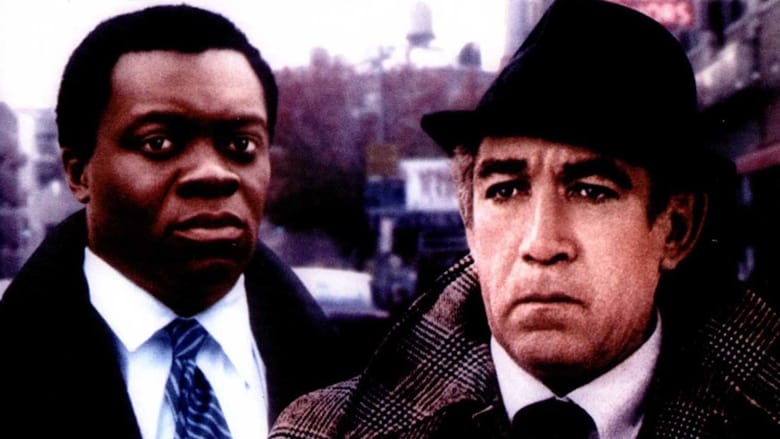
Across 110th Street (1972)
In a daring robbery, some $300,000 is taken from the Italian mob. Several mafiosi are killed, as are two policemen. Lt. Pope and Capt. Mattelli are two New York City cops trying to break the case. Three small-time criminals are on the run with the money. Will the mafia catch them first, or will the police?
Watch Trailer
Cast


Similar titles
Reviews
Adapted from Wally Ferris's 'Across 110th' (Harper & Row, 1970) by playwright-screenwriter Luther Davis ('Lady in a Cage'), 'Across 110th Street' is often lumped into the blaxploitation genre but is atypical in several respects. Created by white filmmakers, 'Across 110th Street' does not cater to black audiences by featuring the requisite black-urban-outlaw-superhero wreaking vengeance on the white power structure through acts of stylized mayhem. A cross-town street, 110th in Manhattan skirts the northern edge of Central Park and divides Harlem to the north from the upper East and West Sides, i.e., the then-mostly poor black and Hispanic ghetto from the mostly affluent white districts. More than a street, 110th is the city's dividing line between the haves from the have nots. Three black working-class Harlemites—Joe Logart (Ed Barnard), Jim Harris (Paul Benjamin), and Henry J. Jackson (Antonio Fargas)—figuratively cross the line when they rob a mafia counting house in Harlem of $300,000 and, in the process, kill seven people including two cops. The robbery and mass murder naturally trigger parallel pursuits by the NYPD and the mafia; the former determined to bring the trio to justice, the latter bent on exacting vengeance and recovering the stolen loot. Because the crimes took place in Harlem, Lt. Pope (Yaphet Kotto), a young, by-the-book black detective, is put in charge of the investigation, much to the chagrin of Capt. Mattelli (Anthony Quinn), a brutal, racist 55-year-old cop strictly "old school" in his methods and beliefs: the kind of match-up already made archetypal by Sidney Poitier and Rod Steiger in 'In the Heat of the Night' (1967). On the mafia side, Nick D'Salvio (Anthony Franciosa), the grinning, psychopathic son-in-law of a mafia don, is assigned the task of catching the three killer-crooks. Further complicating the situation is the menacing power of Mr. Jessup (Joe Attles), a gruff black crime boss who maintains an uneasy alliance with the mafia and crooked cops (including Capt. Mattelli) over the rackets in Harlem. Across 110th Street fails to generate much suspense because the mafia easily bests the cops in getting to each of the fugitives first. On the upside, Barry Shears' direction is surefooted, the film is graced by an evocative soundtrack by Bobby Womack and J.J. Johnson, and features solid acting, relentless action, suitably grotesque violence, and an aura of gritty authenticity that could only be had by filming on location in New York City at one of the lowest points in its modern history. Blaxploitation fan Quentin Tarantino incorporated a version of Bobby Womack's title track, "Across 110th Street," into his third film, 'Jackie Brown' (1997). VHS (1998) and DVD (2001).
Some movies when they initially premier, do not do well at the box office and then through the passing of time. they gradually attain cult status amongst a specific movie genre fan base decades later. In this case the film Across 110th Street probably did all right at the box office and then faded in to obscurity. The acting was good with stars like Yaphet Kotto, Anthony Quinn, Tony Franciosa and Paul Benjamin starring in the film and it showed great potential.The film had plenty of action scenes with the old school mentality "beat 'em up" white cop played by Anthony Quinn, and the black cop in charge of the murder investigation played by Yaphet Kotto. We also have the white Italian crime boss played by Tony Franciosa and the black robber/murderer played by Paul Benjamin.Certain movies are made for a specific era that reflects the current world around us. A world that may be harsh and cruel, where guns, bribe money and mob strength rule the inner city. Why I think Across 110th Street fell in to obscurity over the passing of time, rather than in to the cult classic regime was the film had no historical value, and we the audience just got tired of seeing white cops beating up black criminals.After viewing this film for the second time in 40 years, it ends up not having much substance and I viewed it only as an extended chase scene throughout the film, with the cops, and the black and white mobsters hunting down the three black robbers who end up murdering several black and white bad guys and two cops in the process of completing their $300,0000.00 armed robbery of an Italian mob cash counting operation.So the chase is on for recovering the stolen mobs money, vicious interrogations on (innocent) suspects are performed by both the cops and criminals, and if the cops or criminals don't get answers to who the three guys are who committed the robbery and murders people will get hurt and eventually die. It is a predictable ending that I don't think I will be watching again for a third time in the next forty years because there are a lot better crime films from the 1930's that would be on my watch list before Across 110th Street would be.
Three black hoodlums break into an apartment in Harlem where the Italian Mafia is collecting their proceeds for the week from their local black henchmen. A gunfight breaks out and all of the Mafia members are killed. Responding to the commotion two police officers are also gunned down by these same gunmen who manage to get away with $300,000 of the Mafia's money. This causes quite a stir within the Mafia as they fear losing control of Harlem to local black gangsters. So "Nick D'Salvio" (Anthony Franciosa) is sent into Harlem to find those responsible and make an example of them. Likewise, the police also want to bring these three men into custody for killing two of their own. So with both the Mafia and the NYPD looking for them the odds against any of these three crooks getting away are pretty slim. Especially since one of them, "Henry J. Jackson" (Antonio Fargas) makes no effort to hide his newly gotten wealth. Anyway, this film is notable for showing Harlem from a certain perspective that is not too kind. It is dirty and gloomy. But in the process it adds a sense of realism to everything. Both Anthony Quinn (as "Captain Mattelli") and Yaphet Kotto ("Lieutenant Pope") perform in an adequate manner in spite of the fact that their characters are obvious Hollywood creations. However, one thing I didn't care for was the last scene at the end which I thought was completely unnecessary. But that's just my opinion. In short, I rate this film as slightly above average.
"Across 110th Street" is a bold, highly original and powerful film about three African-Americans Jim Harris (played brilliantly by Paul Benjamin), Joe Logart (Ed Bernard) and Henry Jackson (Antonio Fargas) who steal $300,000 from black drug-dealers and the mob and murder three blacks, two mafia men and two cops in order to escape capture and death. After that heist is carried out, the police -- Captain Frank Mattelli (Anthony Quinn who is marvellous as always) and Lt. Pope (Yaphet Kotto, whose performance here proves that he is up there with the Hollywood greats) -- are in a race to find these three men before the mafia and the drug-dealers do.Although the plot is central to this film, Director Barry Shear and writer Luther Davis' achievement goes beyond just producing a well-acted drama. Shear has done something that film directors have rarely done which is to make the land (i.e. Harlem) a character in the film. Everyone wants to escape their depressing lives in Harlem, but none are able to leave. Joe Logard comes close, but then he is pulled right back in by the mafia and the drug lords. So in that sense Harlem not only represents a space for an entirely different world to exist (though it hardly flourishes), it also acts as a prison preventing any of its residents from escaping. Harlem also contains many traps that people could potentially fall into, much like in the projects of "Boyz in the Hood" (another great film about the unique challenges that African Americans face). In one scene, Jim Harris tells his girlfriend Gloria, "You got to get your head out of that white woman's dream," which is his way of saying that the American Dream only exists for white people. He is right, because as a black man without schooling, with no trade and a medical condition, he can only get the lowliest job without any pension. He also tells Gloria, "How would it be when we needed the bread that I told you to do it?" This is a darker statement, a veiled reference to some African-American men forcing their partners into prostitution to make money in time of need. Harlem is also a place that terrorizes people into silence. Early on in the film, Captain Mattelli makes the perceptive remark, "Nobody saw, nobody heard." He knows that the drug lords and the mafia have terrorized the people so thoroughly that they have become complicit in their crimes through their silence. The understanding in Harlem is that you should never speak to the police and you only talk to the people who can protect you and potentially reward you with money, which are the drug lords and the mob.The other important aspect of the film is the violence. Many of the violent scenes are horrific and extreme. But the violence is not there for exploitation purposes. It shows the gritty, uncompromising world of Harlem. Dr. Johnson's men and the mafia use violence to have total control over Harlem. As one mafioso boss tells the sadistic Nick D'Salvio, "We have to teach them a lesson or we lose Harlem." The police, especially Captain Mattelli, use violence because they realize that this is the only way to convince Harlem's residents to cooperate with them instead of the criminals. Finally, the world of Harlem is shaped by the racism of the police and the mob. But it is hard to say, in this violent and terror-filled world, whether the racists are worse than the black drug-dealers. Dr. Johnson is probably just as bad, because he exploits poor needy people - the prostitutes, the gamblers and the drug addicts - for his own financial gain. A brilliant and thought provoking film.


